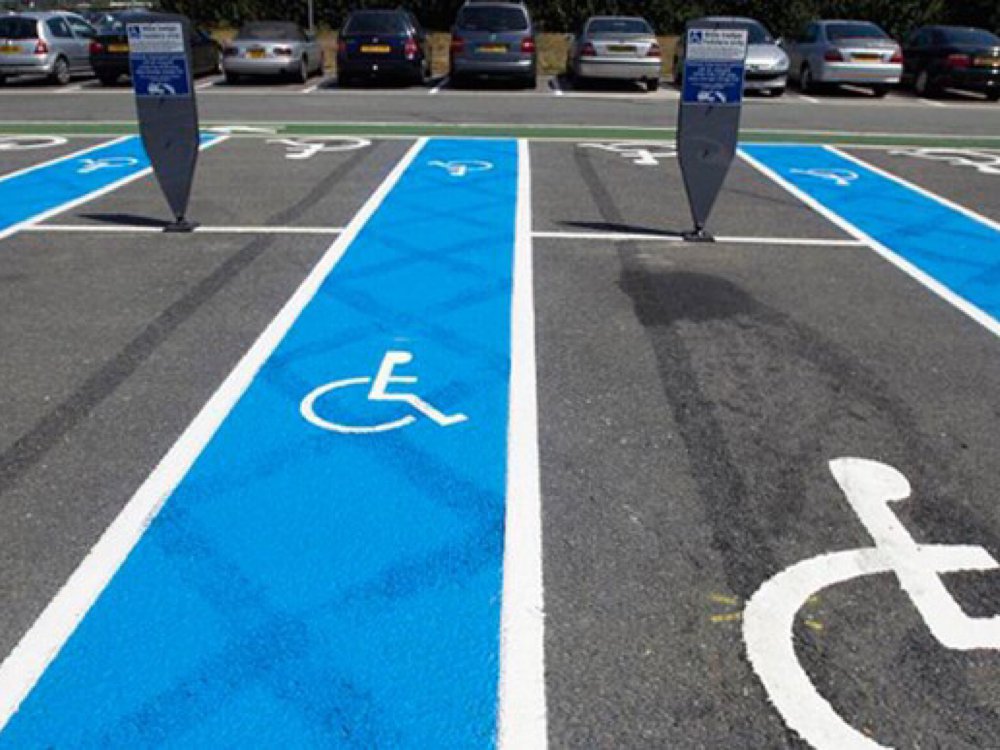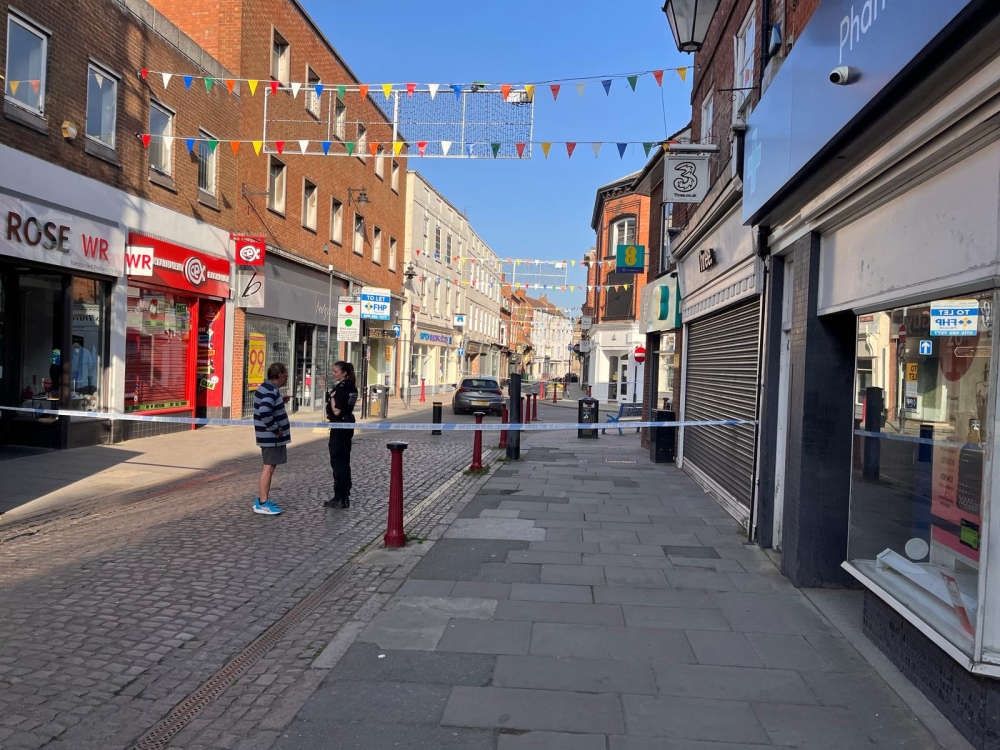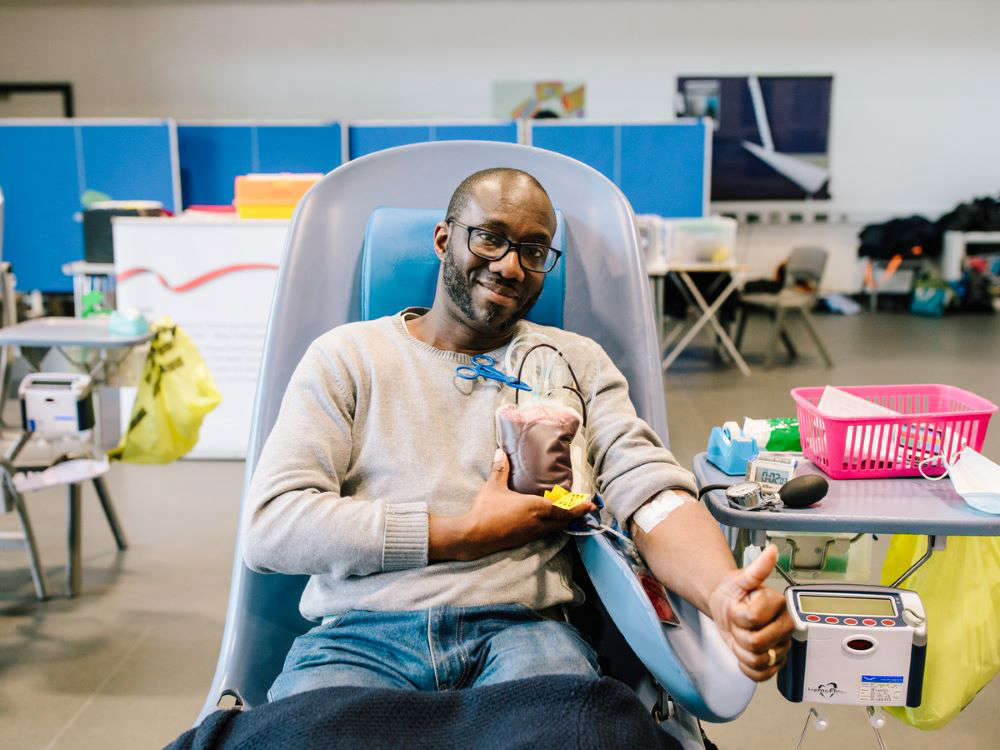
Marking the biggest change for 50 years, an extension to the Blue Badge scheme has been announced today, making travel for those with non-visible disabilities easier.
People with hidden disabilities, including anxiety disorders or a brain injury, can apply for a Blue Badge for the first time today, with a new online eligibility check launched to make it simpler for people to apply.
In the biggest change to Blue Badges since the 1970s, the Department of Travel has been working with specialists to expand the eligibility criteria for the badges, which now includes people who cannot walk as part of a journey without considerable psychological distress or the risk of serious harm.
Minister for Disabled People Justin Tomlinson said: “Today is a pivotal moment for thousands of people with hidden disabilities across the country, many of whom face unacceptable discrimination or even abuse when using disabled parking spaces.
“The changes we’re making will be life-changing for these disabled people, allowing them to go about their daily lives without experiencing unnecessary stress or worry.”
To help councils with the expected increase in applications, the department has agreed with the Ministry of Housing, Communities and Local Government to provide £1.7 million in the first year of the programme.
The expanded scheme coincides with the launch of a review intended to improve enforcement, and help councils tackle fraudulent use of the badges.
At the end of 2018, the Local Government Association estimated that the theft of Blue Badges had risen by 45 per cent in 12 months and was up six-fold since 2013.
The review will look at ensuring Blue Badges are used correctly and improving public understanding so that those with non-visible disabilities can use the badges with confidence.
A task group will also be set up with key organisations to gather ideas and evidence on how to improve the consistency of council enforcement to tackle fraud and misuse.
Tim Nicholls Head of Policy and Public Affairs at the National Autistic Society said: “We are delighted to see the new Blue Badge rules come into force. This will be a huge relief for thousands of autistic people and their families in England, many of whom are so anxious about things going wrong that they find it hard to leave the house at all.
“A Blue Badge can be life changing. To live up to this promise, it’s absolutely essential that council officials making decisions about Blue Badges understand autism and the challenges autistic people can face getting out and about.”
While the new criteria will give clear and consistent guidelines on Blue Badge eligibility for the whole of England, not everyone with non-visible disabilities will qualify for a badge. It will be up to the relevant local authority to decide if an applicant meets the eligibility criteria, as is currently the case.


 Murder Investigation Launched In Newark
Murder Investigation Launched In Newark
 Could you be a blood donor?
Could you be a blood donor?
 Radio Newark on DAB Digital Radio.
Radio Newark on DAB Digital Radio.
 Newark jam-packed with events this spring and summer
Newark jam-packed with events this spring and summer